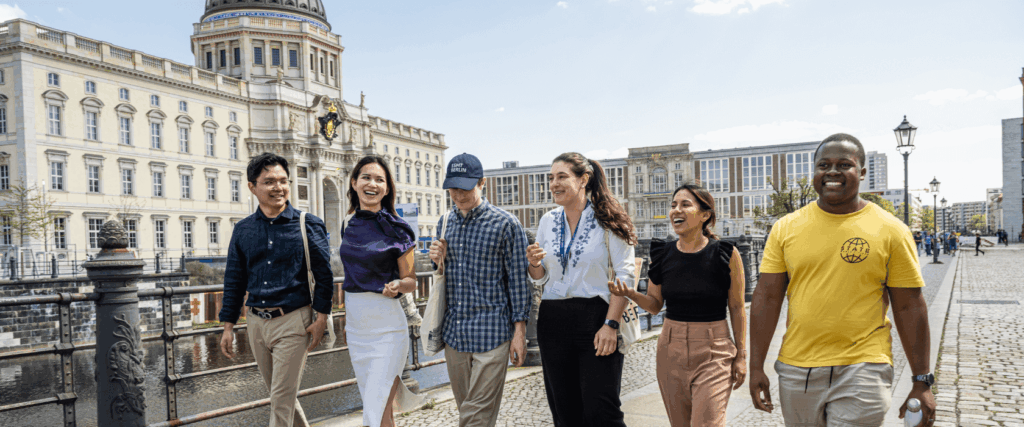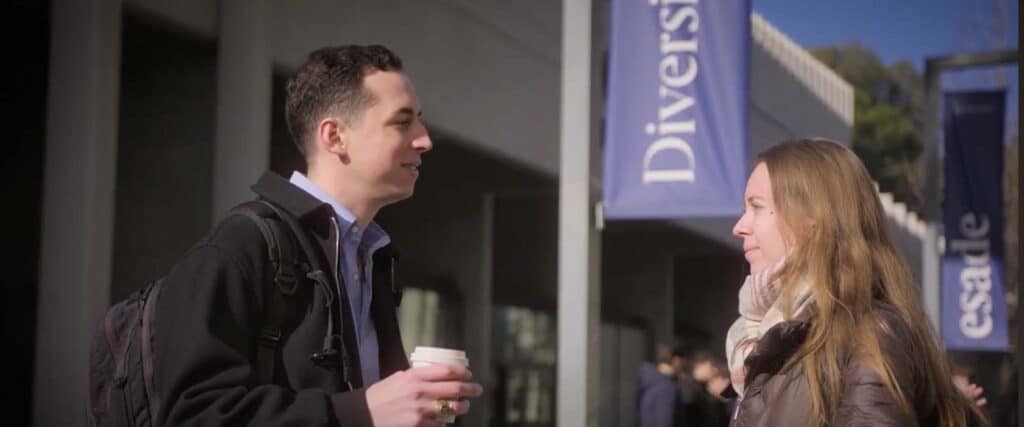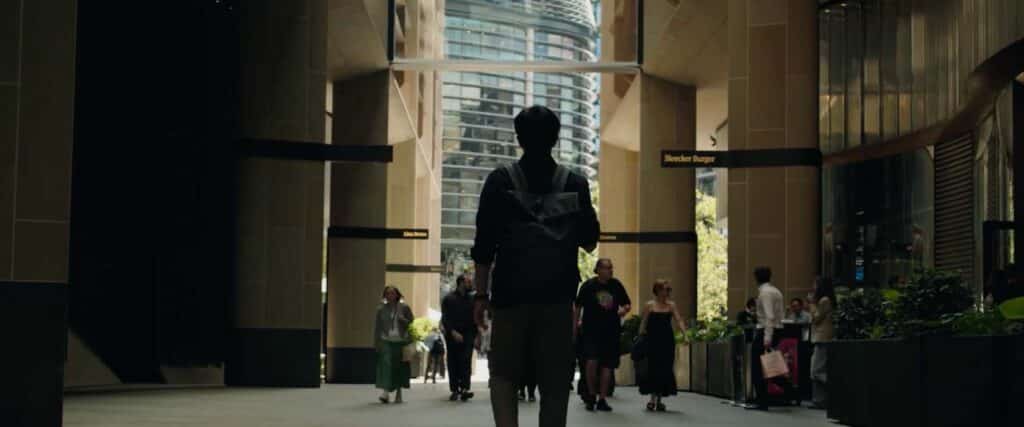Hugo & Hoby: Exemplifying entrepreneurship at Yale
Entrepreneurship at Yale has a reputation for innovation and sustainability. This is clearly demonstrated in Hugo & Hoby, a custom furniture company founded by Yale School of Management graduates Ben and Fred.






